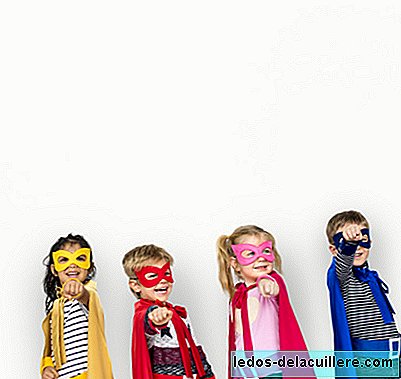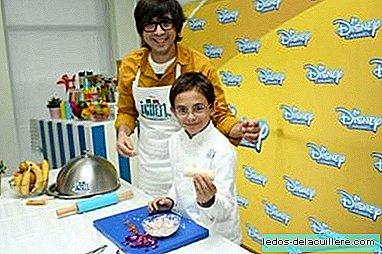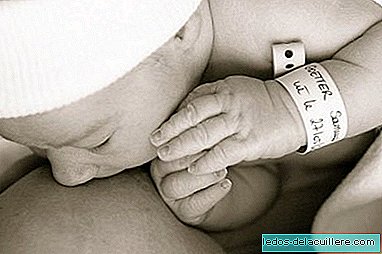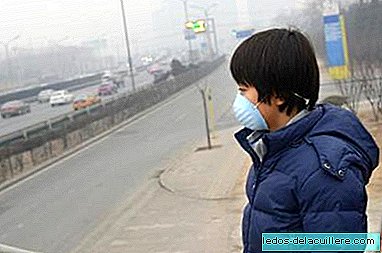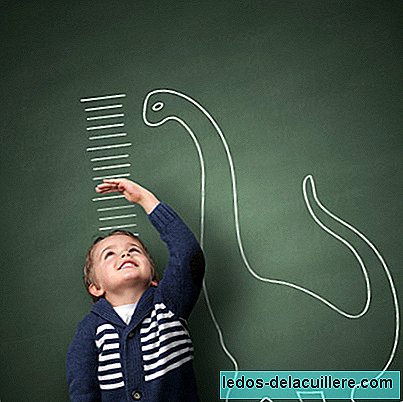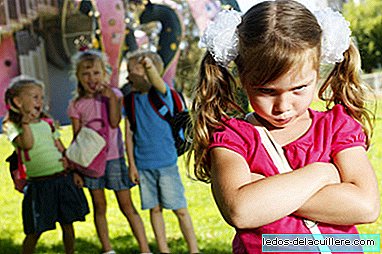
One of the parents' greatest fears is that other children abuse their children, insult or ridicule them, take them away. And another of the biggest fears is that it is your child who does that to another child, who is the abuser. In spite of this, there are still many children who do so, who exercise this violence towards other children and who take advantage of that vexatious treatment to feel stronger and more powerful.
Why? Why does a child end up abusing other children? Katarina Magnus, director of the Grålums Kindergarten Parent Association in Sarpsborg, in Norway, decided to write a letter to the parents to answer those questions, in which he told them: "You are teaching your children to abuse others".
Magnus realized a good day that many parents do not understand that all the actions they carry out throughout the day, when their children are present, serve to model their principles and their values, and after seeing that many parents make public Many comments that perhaps should be private, he chose to write a letter that deserves to be shared as the beginning of a greater reflection.
Katarina Magnus's letter to parents
Dear parents of the Grålum kindergarten:
In light of the great media attention that school abuse is having recently in our society, the association has decided to issue a general appeal to parents about how they can help from home, around our own tables at lunchtime.
In Grålum kindergarten bullying is not a known problem, but we can all remember how our attitude has a big impact on the little ones. Read!
You are teaching children to abuse!
Yes, you read correctly. You have to admit it. You do it when:
- You sit at the table and complain about the decisions your friends make or don't make.
- You sit in front of the TV and criticize the participants or characters for their behavior.
- You look at the tablet or phone and make negative comments about someone's appearance.
- You read the newspaper and ridicule anyone who has a different opinion.
- You drive the car and you get angry with another driver for traffic issues.
- You squint because someone does things differently from you.
- You say something derogatory about someone for differences of faith, race or for having a different point of view from yours.
- You criticize the financial status of another family, their last purchases or their choices when going on vacation.
- You clearly show with all your body language that you don't like someone.
Your words, body language and facial expressions teach your children that it is okay to say negative things about others. Yes, you not only teach him that this is fine, you also show him that you have to be intolerant.
We are models for our children and they don't know more than we teach them
This is a strong call from us and we urge all parents to self-examine their own behaviors and consider how they affect the little ones.
School abuse begins and ends with us. We all have to be more tolerant, inclusive, flexible and generous with each other, so that our children are too. So we have work to do. Are you ready for change? We are. We are ready to help instead of hurting each other.
I'm sorry if someone feels offended, but sometimes we need to make a wake up call, so things change.
Hopefully this has an impact in the right direction!
Have a nice day!
Do we teach children to be intolerant?
Obviously, not all children are abusers, precisely because not all parents teach children to be, and also, because despite this, not all children get the message in the same way. There are some who criticize the way parents do, and even their opinions.
But it is true that if we delved into the life of an abusive child, of a child who abuses, we would find many things that parents could have done better. From what Magnus comments in this letter, in which many adults have no problem making derogatory comments to people of the other sex, racist or of any other kind in front of children, to reach all the shortcomings that a child can reach to suffer, that they make him need the suffering of others to reaffirm his strength and his power. Sink the rest to feel better. Finding "greatness" in that way, given that the place where it should have been obtained, its home, its surroundings, has not been given.
That's why we always say that it is very important to raise children with love, with respect, with love, and carrying out our role as parents; so that they have a reference, so that they grow up feeling loved and accompanied on the road and so that, once they are with other children, they do not have the need to harm them to feel good, precisely because they are not lacking in self-esteem.



